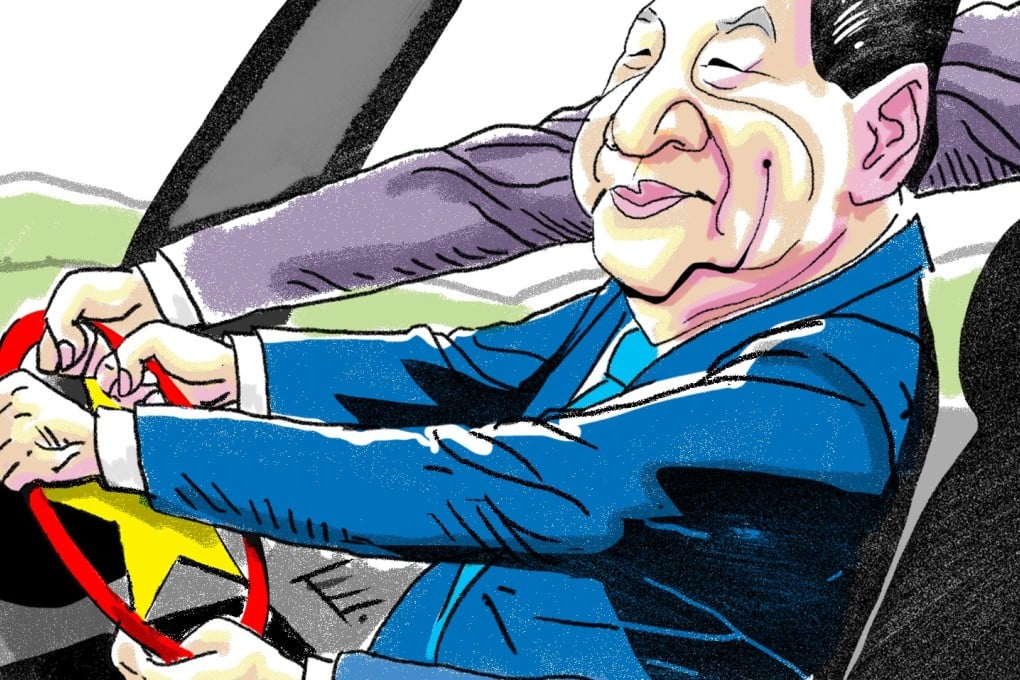China’s political system has effective checks on power that even Xi Jinping can’t ignore
Eduardo Araral argues that the various hard and soft restraints instituted since Deng Xiaoping’s time to prevent the emergence of another Mao – including the principle of collective leadership – are more robust than observers believe


The 19th congress is significant because Xi will appoint five new members of the powerful Politburo Standing Committee. He will also appoint the next generation of successors, including the military brass. As a core leader, he is no longer just a first among equals. In short, Xi will emerge as an all-powerful leader.
What in China’s political model serves as checks and balances to President Xi? In other words, who guards the guardians in China?
Francis Fukuyama argues that China’s model is unsustainable for two reasons. First, there is no guarantee that it will produce a good emperor, generation after generation. Second, China has no credible mechanisms to restrain a bad emperor (the likes of Mao), if one emerges. He argues that the only way to do so is to follow the Western model based on the rule of law rather than the rule by law of the Communist Party.
Xi era beckons, but leadership reshuffle may not be as dramatic as expected

